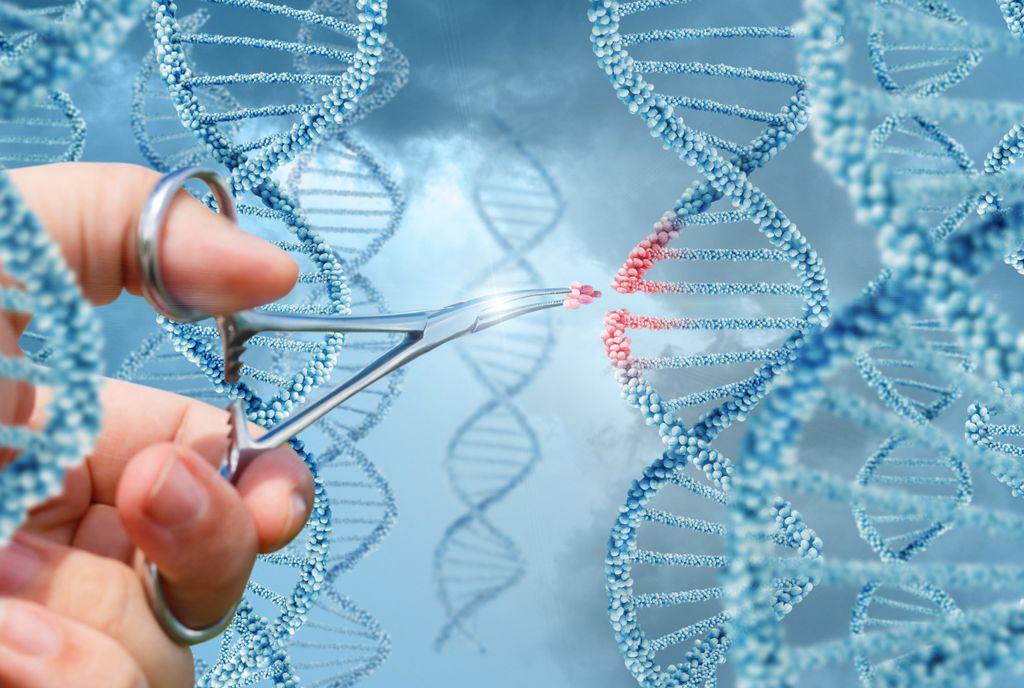
Accelerating New Treatments ,
Delivering Impact

Rare diseases are defined in the U.S. as those that affect fewer than 200,000 people — with some afflicting as few as 10 individuals in the world. But collectively these diseases are responsible for widespread harm. Some 25 to 30 million Americans, as well as their families and communities, suffer from the approximately 7,000 rare diseases known today, with few effective treatments.
One type of treatment has emerged that offers hope: gene therapy, a process that replaces defective genes that cause disease with functional ones. While gene therapies have been successfully used to treat common genetic diseases, they can also be tailored (or “bespoke”) for much smaller populations. Developing these therapies, however, is complex and often expensive, and small patient populations make it challenging to get an adequate return on investment in the development process.
The Bespoke Gene Therapy Consortium (BGTC) promises to change the playing field for gene therapy development. Launched in late 2021 by the FNIH, NIH, and the Food and Drug Administration (FDA), the BGTC aims to generate a standardized “plug-and-play” template that makes it easier to develop new gene therapies. Rather than create a custom therapy for each disease from scratch, developers could soon be able to use and reuse this common template to produce therapies more quickly and at lower cost.
The BGTC is the latest initiative to emerge from the FNIH’s highly successful Accelerating Medicines Partnership (AMP) Programopens in a new window. Building on the AMP collaboration model, the BGTC program brings together 30 public and private sector organizations, including many rare disease patient groups, to support a series of research projects and clinical trials intended to refine and standardize trial design, regulatory evaluation, and manufacturing processes, enabling the field to deliver more viable treatments for rare diseases to more patients.